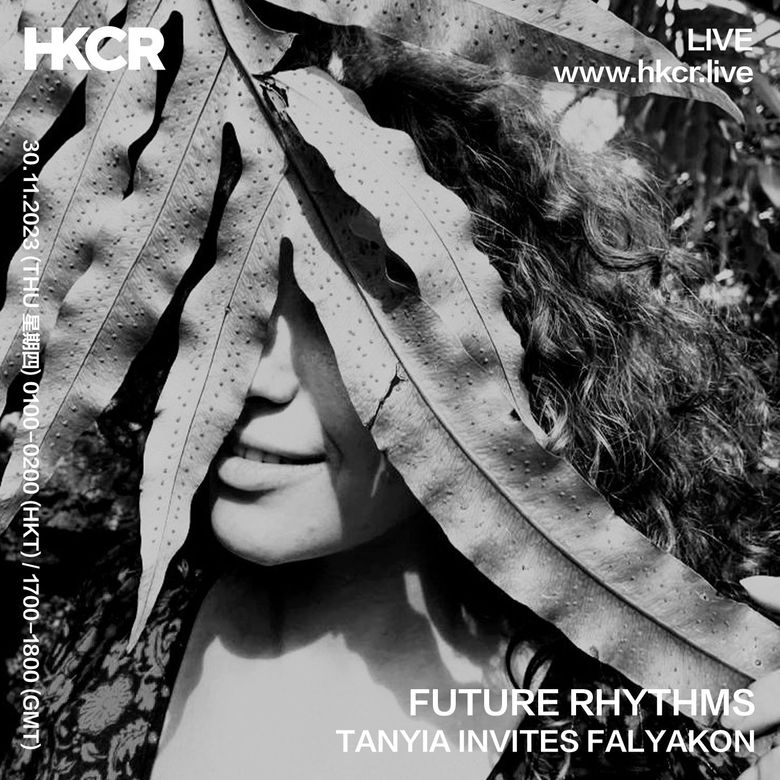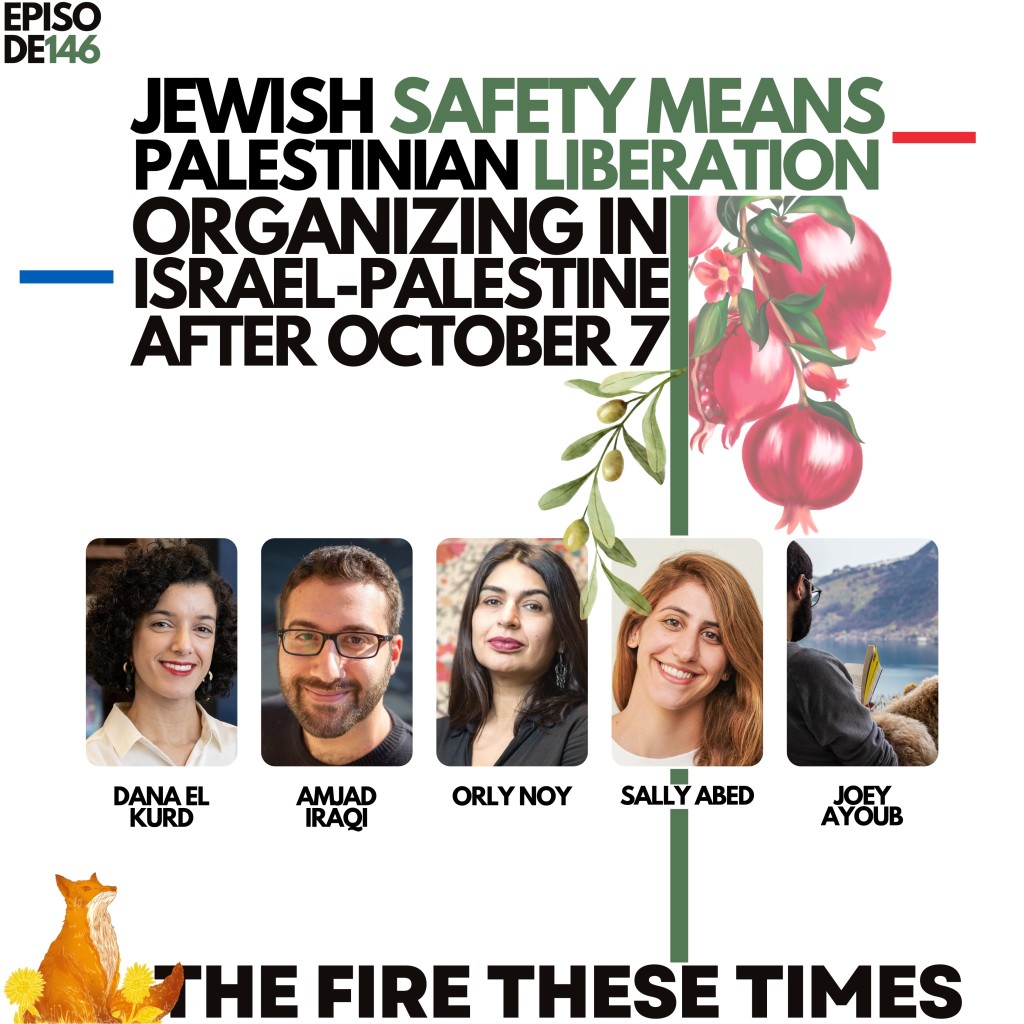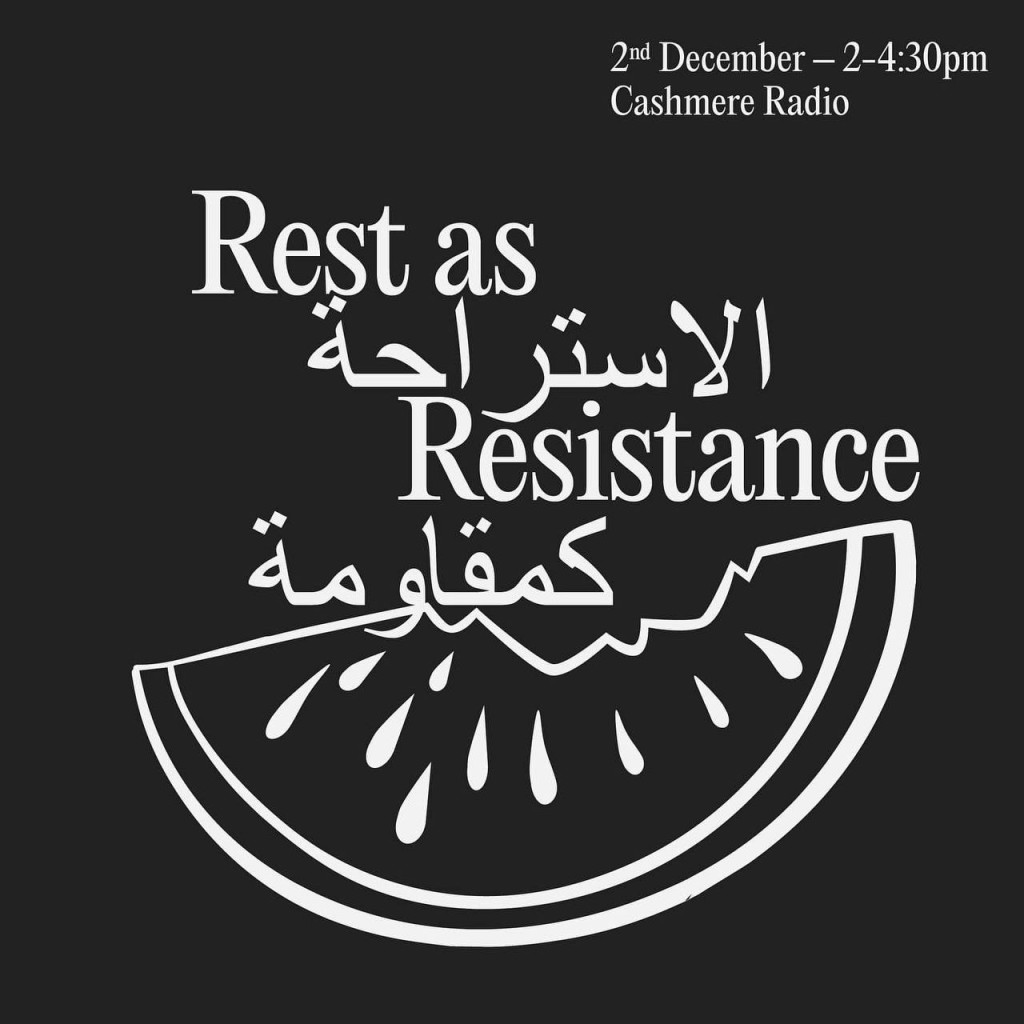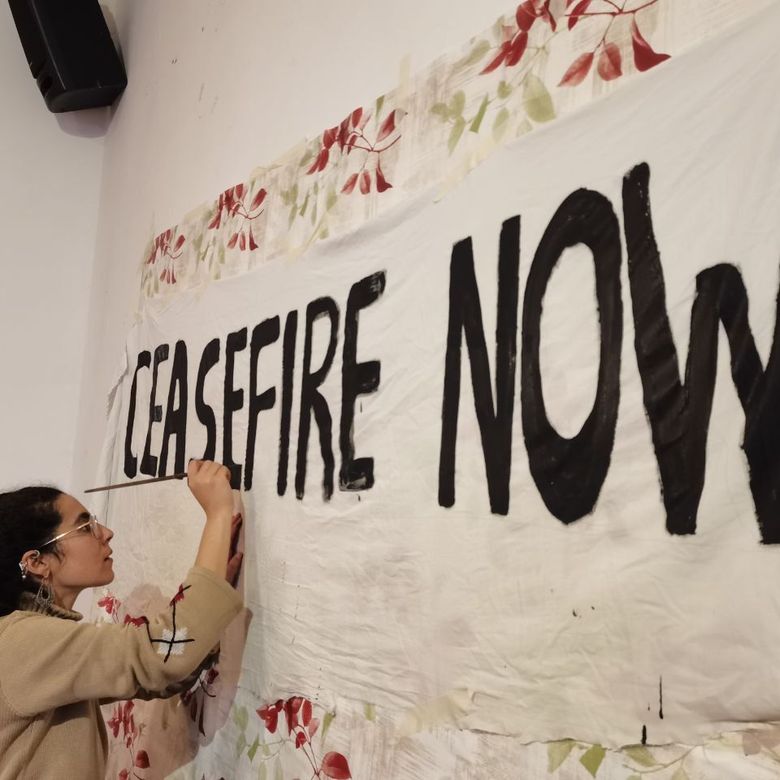As we enter a third month of violence in Israel-Palestine with no end in sight, sound spaces are providing the discourse, debate, musical expression, and solace for pain that other spaces deny. They also bring us the voices of the people closest to the catastrophe – including some of the artists, colleagues, and friends I’ve written about and who are suffering now. And sometimes, only music can express how we feel, when words are scrutinized, weaponized, fragmented, and fail.
If it’s taken me over two months to write something, it’s because I wasn’t sure what to add. And I was deep in conversations and actions outside of CDM. It’s hard to believe that just in May, I was interviewing Exist founder and artist Odai Masri about finding a skate park for children in Gaza. Odai died unexpectedly in September, shocking all of those of us who knew him.
Now I look back at the photos Odai sent me for CDM, and I’ve no idea if these children in the pictures are still alive. Given the state of devastation, it’s very likely their homes are gone, that they’ve lost family members (a significant portion of Gaza has), and likely they’re sick, and it’s certain that today they’re hungry. Already in spring and summer, many relief organizations were calling the situation in Gaza dire – before Israel cut off power and water and began an assault on the full territory, following Hamas’ attacks of October 7. But even so, worrying about a demolished skate park seems like a relic of a completely different age. Whole swaths of Gaza are rubble, and there are parents now in Israel, in Palestine – both Gaza and the West Bank – and in Lebanon, who won’t see their children again. The cries of children all sound the same. The reason to allow for difficult discussions and debate is surely to stop these cycles.
After people in music connected to this have given so much to us, where we’ve worked together so much, there isn’t a day I don’t wonder what to give back – now in this time of urgency.
I can tell you that in the days since October 7, I’ve had conversations across my circles that link to all kinds of different communities. This impact on people I know in music is hard to overstate. You very quickly find out you’re just one degree of separation from nearly every news item. I’ve talked to people who knew someone who was kidnapped by Hamas and other militants or died in the October 7 attacks. I’ve spoken to Palestinians who are losing friends and family members, continuously. I found connections to people who knew the journalists hit in Lebanon by Israeli tank fire (including Reuters photographer Issam Abdallah, who was killed in the attack). I talked to Palestinian friends as they crossed checkpoints covered in threatening impromptu signs. I spoke to Israeli friends, including those who have moved to Berlin – and then we have connections with people who had fled to Ukraine to escape that war. I’ve spoken to Iranian friends deeply suspicious of Hamas and Iran’s role in the region, who were equally alarmed about Israel and the United States and their role. I talked to friends and family in Lebanon who fear that attacks on their country could escalate.
The theme was always the same. For countless people, the past weeks have been full of grief and anxiety. I reject the notion that we can’t recognize one another’s grief or that one grief negates another. All of this is real; all of these are real people. The violence reported and recorded by journalists is real. Antisemitic violence and hate are real. Anti-Arabic and Islamophobic violence and racism are real. On the topic of the reality of reporting, I think it’s worth considering how journalists are attempting to separate verifiable information from unverified regarding sexual violence – here’s one conversation, with a trigger warning on discussion of that topic in that story and more graphic descriptions in second-level links. There are enough verified reports to take these concerns seriously. On the topic of casualties in Gaza, peer-reviewed research in The Lancet says there’s no evidence of inflated mortality numbers from Gaza’s Ministry of Health. There’s no reason now to minimize those horrifying numbers. I hope we can continue to put others’ needs first, especially for those of us who are one or more steps removed.
We are now in a cycle of apocalyptic violence in Gaza and escalation in the West Bank that is spirally so quickly and severely I can’t even describe it; I refer you to the 24-hour news networks.
And yet we spend so much time now posturing in statements, like we’re a policy NGO issuing a press release, that we sometimes lose the ability to acknowledge grief. There’s a particular danger from governments and institutions, especially in Germany, of scrutinizing artists as if they’re diplomats. Surely artists are supposed to be emotional, empathic, controversial, and provocative; none of that is remotely compatible with crafting statements to match a consensus. I feel grateful to know people who have ideas that sometimes make me uncomfortable, shake me from what I believe, or even just make me do some research.
So I’ve been collecting sounds – podcasts, music, and conversations – over these past weeks. I’m not attempting “balance,” but diversity and challenge, hopefully with some solace – especially for those in pain.
The call to action is simple and immediate – permanent ceasefire now across Gaza and the West Bank, return the hostages, release prisoners, said through whatever channel we might be heard. Right now. But beyond that, sound worlds give us additional context and expression.
What people don’t get when looking at each other through online media, even including this one, is those moments people are screaming or in tears or with feelings we don’t even have words for. For learning something, for challenging our ideas, there are conversations. For those indescribable emotions, there’s music. These programs often mix the two. Not all links represent my opinion, but that’s not the point – I’ve tried to select mostly voices from the region or people, shifting the focus to them.
We can’t consume music from people without also valuing them as humans – anywhere in the world. That will mean listening and taking action.
Photo at top: Contrails during the 2008/2009 bombing of Gaza. Photo (CC-BY-SA) Killy Ridols. This also credits the NGO FreeGaza.
Listening
In no particular order, claiming nothing that is complete, only sonic questions:
CEASEFIRE is a two-part, multi-label compilation with a huge number of artists, and it embodies the simple message echoed by a lot in our community right now: ceasefire and release of all hostages. Signing our name to that (myself included in this case) should not be a way to call attention to ourselves but to express musically what we can’t in words and to lend our names to the work of so many others.
Their statement:
In light of the intensified, deaths of innocent people and civilians occurring between Gaza and Israel since October 7th, 2023 we – as multiple labels, artists, and collectives – have cooperated to raise our collective voice in demanding an immediate ceasefire and the release of hostages.
We yearn for a feminist response to a crisis that has been on the political agenda for longer than any of us have been alive, creating trauma upon trauma.
If you would like to purchase the compilation, 100% of the proceeds will go directly to supporting the distribution of dignity kits directly on the ground, to affected women and families in Gaza.
This compilation is one of the most direct ways – as artists, musicians, and sound workers – we can take to address and speak to the atrocities unfolding.
Please ignite your compassion and empathy by thinking of others.
CEASEFIRE NOW.
The two-part compilation was produced across various labels/platforms, spanning Germany, France, Tunisia, Indonesia, Brazil, and Australia. Participating labels/platforms included:
L-KW (DE)
Decolonoize (DE)
Shouka (FR/TN)
Seminal Records (BR/DE)
Orange Cliff (ID)
Stock Records (AU)
YEOJA Mag (DE)
Sometimes just mixes of music can say everything. Our friend Falkyon, the incredible multi-instrumentalist and DJ between Ramallah and Berlin, put together this deep mix for Hong Kong Community Radio. I would introduce it, but you should just hit play.

It’s worth digging through her whole SoundCloud account for more music, especially as a Roots Radio host; here’s another example:
Switching gears to discussion, because it’s hard to only think of music right now –

The Fire These Times has a number of conversations on their podcast – it’s produced by “a team of radical Lebanese, Jews, Palestinians, Syrians and Armenians.” It’s worth subscribing and listening to the whole series, but I want to highlight a conversation on the Israeli political landscape especially. Standing Together recently visited Berlin and New York, and represents a critical perspective that is under attack inside Israel. In this episode, their panel talks about “ongoing “Smotrichization” to the political crackdowns, from the normalization of genocidal rhetoric against Palestinians to the necessity of being “chronically optimistic” to push for change in Israel-Palestine.” The message is that Jewish and Israeli and Palestinian safety are interdependent. But this episode and other episodes dig deep into perspectives on how we got here and where to go, with speakers with deeply rooted experience and knowledge. And if you need a break from all of this, there’s also a new episode up on Solarpunk.
Joey Ayoub and Dana El-Kurd talk to Sally Abed, Orly Noy and Amjad Iraqi. Abed is a member of the national leadership of Standing Together (עומדים ביחד نقف معًا), a grassroots movement mobilizing Jewish and Palestinian citizens of Israel in pursuit of peace, equality, and social and climate justice. Orly Noy is the chair of B’Tselem, arguably Israel’s most well-known human rights NGO, and editor of the Hebrew-language news magazine Local Call. Amjad Iraqi is a member of Al-Shabaka: The Palestinian Policy Network, an editor and writer at +972 Magazine, and previously an advocacy coordinator at Adalah – The Legal Center for Arab Minority Rights in Israel.
Jewish Safety Means Palestinian Liberation: Organizing In Israel-Palestine After October 7

Rest as Resistance is a project that is bringing together everything from Palestinian folks songs to new compositions to conversation. And rest I know is what so many folks urgently need now. This also features Dina (Bint Mbareh) and Dirar Kalash, both of whom I’ve featured before.
‘Rest as Resistance’ is a series that is initiated in solidarity with Palestine, and aims to offer spaces for exchange, reflection and collective grieving. It is conducted by a group of cultural workers who are based in Berlin, and cooperates with various institutions in Berlin. This 150-minute show, which was recorded live at Cashmere Radio on the 2nd of December, features sound, discursive and spoken-word contributions from Palestinian friends and allies.
Opening with a soundscape created by Azad in the first weeks of October, and followed by a soundscape of the Alliance of Internationalist Feminists protest (25th November), the show provides an insight into the active forms of resistance that are currently taking place frequently in Berlins streets, organised by multiple intersectional groups.
Together with our first live studio guest, the German-Lebanese writer and performer Jara Nassar, we talk briefly about the way the political situation in Germany impacts culture and arts, and the issues of pinkwashing – before we get to hear her reading of a fragment of the Gaza Mono-Logues.
Amongst our valuable sound contributions is also the work by Bint Mbareh, a sound researcher, who explores how listening and music can help us understand and internalise time differently. In this rain-summoning piece, made especially for today’s programme, she improvises with her interlocutors and research friends, a group of ladies from around Palestine, who are generous enough to sing the songs to her.
The project ‘Bedtime’ by Karolina Grzywnowicz, and has been conceived in collaboration with inhabitants from refugee camps throughout the West Bank in 2019. Aida, Dheisheh, Fawwar, al-Arroub, Balata, Jalazone, Qalandiya – those are the Palestinian camps where Karolina has been collecting lullabies, to explore the subject of sleep, as a form of resistance.
Further focusing on the West Bank, the show continues with an auditive fragment from the lecture performance by Anas Alkhatib, who grew up in Dhiesheh Camp and is now studying at NY Bard College’s OSUN program. ‘Cheap: Suit’ is an interactive lecture performance that explores the role of the suits and the human body of a refugee in narrating the city, spatial environments, and lifestyles.
The show ends with Dirar Kalash’s track from the Sonic Liberation Front series, previously played on Radio Alhara. The Sonic Liberation Front was established as an act of resistance by a collective of sound artists who recorded the sound of protests in Palestinian streets, aiming to unite and support the people of Palestine.
More information on each contribution can be found on the Rest as Resistance Instagram: https://www.instagram.com/rest.as.resistance
Playlist:
Azad – Free Palestine
Sound fragment of Alliance of Internationalist Feminists protest (25.11.23)
Jara Nassar in conversation w/ Monika Dorniak
Bashar Murad – Ma Betghayyerni
47SOUL – Hold Your Ground (ft Lowkey)
Jara Nassar reading Gaza Mono-Logues fragment
Rasha Nahas – RYAH JNOOB
Bint Mbareh – Rain project
Karolina Grzywnowicz – Bedtime
Anas Alkhatib – Cheap. Suit
Dirar Kalash – Sonic Liberation

Flip the Script Palestine on Refuge Worldwide here in Berlin hosted Nicky Böhm, and Yuval Gal Cohen, providing some of the anti-occupation, anti-Zionist Israeli perspective that has often been suppressed here in Germany – very much including when those voices are Jewish or Israeli. (That’s no small group, since Germany has traditionally attracted just those folks.) Importantly, it’s not just talk – she plays some music, including indie singers Omer Moskovich and Daniela Spector.
47SOUL – Mo Light السبعة وأربعين – رفّ الطّير
Omer Moskovich עומר מושקוביץ – סולידריות
Stay Hydrated – Just A Dime
Deaf Chonky – Austrian Waltz
The Backyard – שייח ג’ראח
Daniela Spector – מקום על פני המים
Pink Floyd – Echoes
It’s painful to listen back on earlier episodes on Gaza given the situation right now minute to minute, but it’s worth returning to this episode of TIMEZONES, produced by Goethe-Institut and Norient, on Gaza. It’s the work of Alia Rayyan and Alaa Barghouthi, featuring Rehaf Al Batniji, Salman Nawati, and Mahmoud Al Shaer.
Also on Refuge Worldwide, CCL features artists they met at Exist Festival and through Odai, for still more music:
Palestinian Sound Archive on NTS Radio is another snapshot in collected sounds: “Mo’min Swaitat teams up with some of his favourite artists and labels to present his collection of vintage cassettes from Palestine and beyond, including jazz, funk and Bedouin field recordings.”
Radio Alhara also continues to broadcast from Bethlehem. That has included their now 24 hours of content for their “Learning Palestine” program, which comes from a collective Learning Palestine Group. They also have an open submission; you’ll find something playing at all hours of the day. You might find it comforts you; you might find it upsets or offends you. But this is where we have the space to listen.
We share lectures, talks, teach-ins as well as poems, music, and chants in the hopes of expanding our political horizons and engagements through study and struggle. To imagine ways of acting together, to tear apart the walls and borders that separate us, for a life in freedom, justice and dignity for all.
More ongoing updates from them:
https://www.instagram.com/radioalhara/
On the situation in Germany
To give a little more of the landscape where I’m sitting:
Antifascist Music Alliance on The Left Berlin describe the both the current efforts to supress certain political statements, and the growing pro-Palestinian political movement in Berlin and Germany:
Artists and Musicians in Germany Speak Out Against Genocide of Palestinians
For a very different news outlet, but some of the same discussions, there’s also the (generally not as left-y) The New York Times:
German Cultural Scene Navigates a Clampdown on Criticism of Israel
Again, musicians – myself included – are outspoken. Berlin’s entire music scene, as I’ve described it for over a decade, is built on that sense of freedom. It’s critical that we both make people feel safe across our communities and find a way that people can express opinions, and that those two don’t conflict. There are events working on that here; the latest upcoming this week, for instance:
I expect for all that Berlin has been a capital of music technology and a capital of techno, the kind of capital it is in the future depends dearly on how it manages to create safe and expressive space for the people and refugees here in this city and their friends, families, and allies. To some extent, I suppose we could say the same about the internet.
There’s a lot more to listen to. If you have suggestions for listening, do send them my way.
To close on a final image – its the image of a kite recalled in the final poem by Refaat Alareer before he was killed in an airstrike. (You can read the poem at the end of these many remembrances, and in the second slide here:)
In 2009, the children of Gaza broke a world record for flying kites.
This image stays with me. How can we not work toward a world where the skies are clear again? And children are safe and have space to skate below…